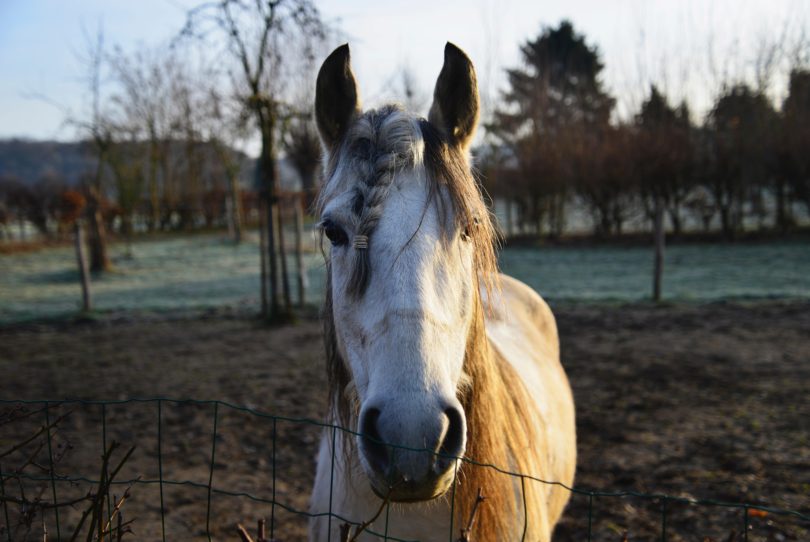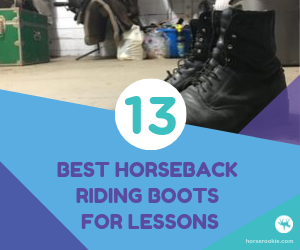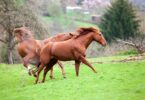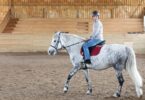We know that there are a lot of you out there who still have a pony in your heart. Maybe you never got your own pony, despite a lot of hints (OK, pleading) to your parents. You got busy with school or family. Life, as you’ve noticed, tends to go on, whether you’re ready or not.
Now, here you are, thinking “I would love to learn to ride, except…”
Holy saddle pads, there are a LOT of reasons you can use to talk yourself out of taking some riding lessons.
Is it ever really too late to learn? Broadly speaking, no. As long as you’re physically capable, mentally game, and willing to apply yourself, horse riding can become part of your life.
The best way to make that decision is to arm yourself with the best information you can find and be honest about what you want from your equestrian dreams.
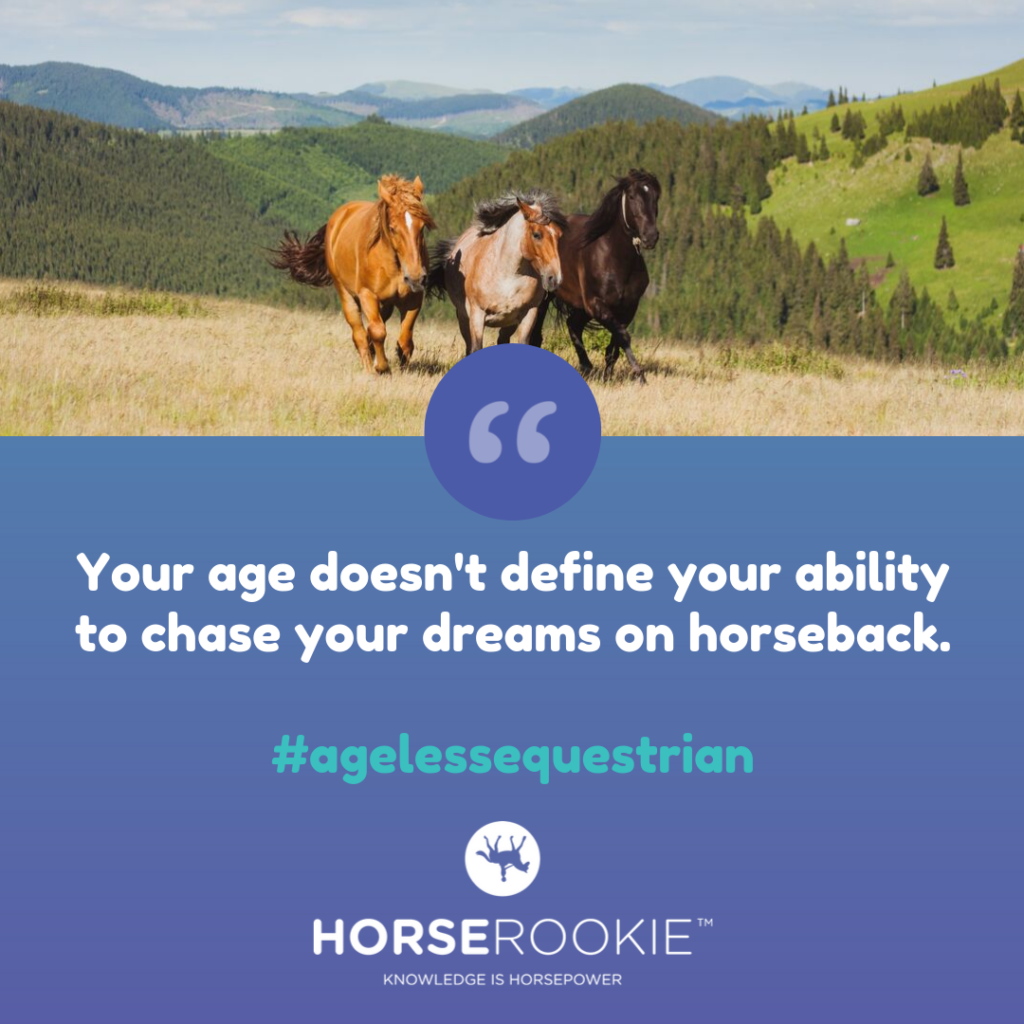
A Couple Things to Keep in Mind
Be aware of common issues
There are millions of people in the United States who participate in horseback riding. Not only does that get a big old #rookiethumbsup from us, but it also means…
You are not alone in your dream.
Here’s a few things that pop up with older riders:
- Low general fitness
- Arthritis
- Poor balance
- Joint issues and replacements
- Lack of flexibility
- Body image insecurity (Who wants to wiggle into riding breeches surrounded by skinny teenagers?)
Luckily, all of these issues are common and can typically be addressed by the right coach. (More on that below.)
If you’re looking to get into the horse world:
- Start walking, light weight lifting, and doing cardio workouts regularly.
- Take up yoga, or at least daily stretches to increase flexibility and balance.
- Be honest with your instructor about any joint issues.
- Use horseback riding safety equipment that helps prevent injury and boosts your confidence.
- Wear horse riding apparel that makes you feel good about yourself. There are wonderful options out there for every body type!
No matter what’s on your “maybe this isn’t a great idea” list, the first step is to be open about it. We ALL have insecurities, physical and mental challenges, and confidence issues that we must manage to ride horses.
Talk to a coach
Check with a good riding instructor who works with all types of riders (not just kids). They want to see each student succeed and have fun, and they have a wealth of experience to share.
If you’re worried about remembering specific questions, have them written down before you meet the instructor.
Your fitness level, confidence quandaries, and other factors should all be discussed.
Horseback riding gear and knowledge about accommodating any physical issues have improved greatly over the years. There are ways to work around difficulties with mounting your horse, making the saddle more comfortable, and adapting your riding style to address limitations.
Your riding coach should be invested in making sure that you’re physically ready and capable of getting into the saddle and having a great (safe) time. They’ll also be best equipped to match you to a horse that will help you learn without fear.
Feeling a little nervous about your new hobby? Check out 32 Things You Can Do Now to Calm Your Riding Nerves Forever.
You’re going to do just fine!
When you find an instructor you feel at ease with, it’s a lot easier to have a good time and become a better rider.
You’ll quickly find that riding can be fun, a good workout for a variety of muscles, and some of the most relaxing therapy out there.
P.S. Enjoy this article? Trot on over to:
- 13 Best Horseback Riding Boots for Lessons
- What gear do you need to ride horses as an adult?
- How to Ride a Horse for Beginners (Basics, Safety, Mistakes)
- What to Wear Horseback Riding (With Pictures)
- Meet 3 of the Best Horse Breeds for Older Riders
- When Should You Start Horseback Riding Lessons?
- Can You Learn to Ride at Any Age?
- Do You Ever Forget How to Ride a Horse?
- Learning to Ride a Horse in Your 20s
- Learning to Ride a Horse in Your 30s
- Learning to Ride a Horse in Your 40s
- Learning to Ride a Horse in Your 50s
- Learning to Ride a Horse in Your 60s
- 6 Best Horse Riding Body Protectors for Unplanned Dismounts
- Hit Air Equestrian Vest Review: My Favorite Fall in 30 Years

